Singapore Sustainability Scholarship (PUB): 2025 Profile & Preparation Guide
TL;DR
This profile summarises eligibility, what’s covered, and bond/terms—verify the latest details on the sponsor’s official page before applying.
Sponsor: PUB, Singapore's National Water AgencyBond: Bond 4-6 YearsOverseas: Exchange / Attachment Possible
01 Dec 2025, 00:00 Z
Reviewed by
Marcus Pang·Managing Director (Maths)
Planning a revision session? Use our study places near me map to find libraries, community study rooms, and late-night spots.
Q: What does Singapore Sustainability Scholarship (PUB): 2025 Profile & Preparation Guide cover?
A: A source-linked overview of eligibility, coverage, and bond terms for the Singapore Sustainability Scholarship (SSS), based on PUB’s scholarships page and the published terms on NEA’s SSS listing.
TL;DR This profile summarises eligibility, what’s covered, and bond/terms—verify the latest details on the sponsor’s official page before applying.
Scholarship Snapshot
- Status: Official scholarship listings are available on PUB’s scholarships page (checked 27 Jan 2026).
- Official Listing (PUB): Scholarship — PUB Careers
- Application Portal: BrightSparks — Singapore Sustainability Scholarship
- Who It Targets (PUB page): Students keen to develop a career in environmental resilience and food and water security for Singapore.
- Bond (NEA listing): Local: 4 years; Overseas: 6 years; Overseas (non-English speaking countries): 5 years.
- Tenable For (NEA listing): Undergraduate studies at local or overseas universities.
Award Components
- Ask PUB for the current coverage (tuition/allowance) and any overseas exposure support.
- Confirm internship/attachment expectations, rotations, and mentoring structure.
- Request details on post-graduation postings and how the bond is served.
Application Roadmap
- Review PUB’s scholarship page and the shared SSS listing on NEA for published eligibility and terms.
- Apply through the listed application portal and confirm the current timeline and required documents.
- Prepare transcripts, a short portfolio of projects/impact, and references who can speak to leadership and service orientation.
- Confirm whether you are applying as a full-term or mid-term undergraduate (both are referenced on PUB’s and NEA’s SSS listings).
- Review coverage details and bond duration before accepting an offer.
Preparation Playbook
- Technical foundation: master fluid mechanics, environmental chemistry, and data analytics relevant to water systems.
- Future challenges: study PUB's coastal protection and flood management plans; reference them in essays.
- Innovation mindset:




